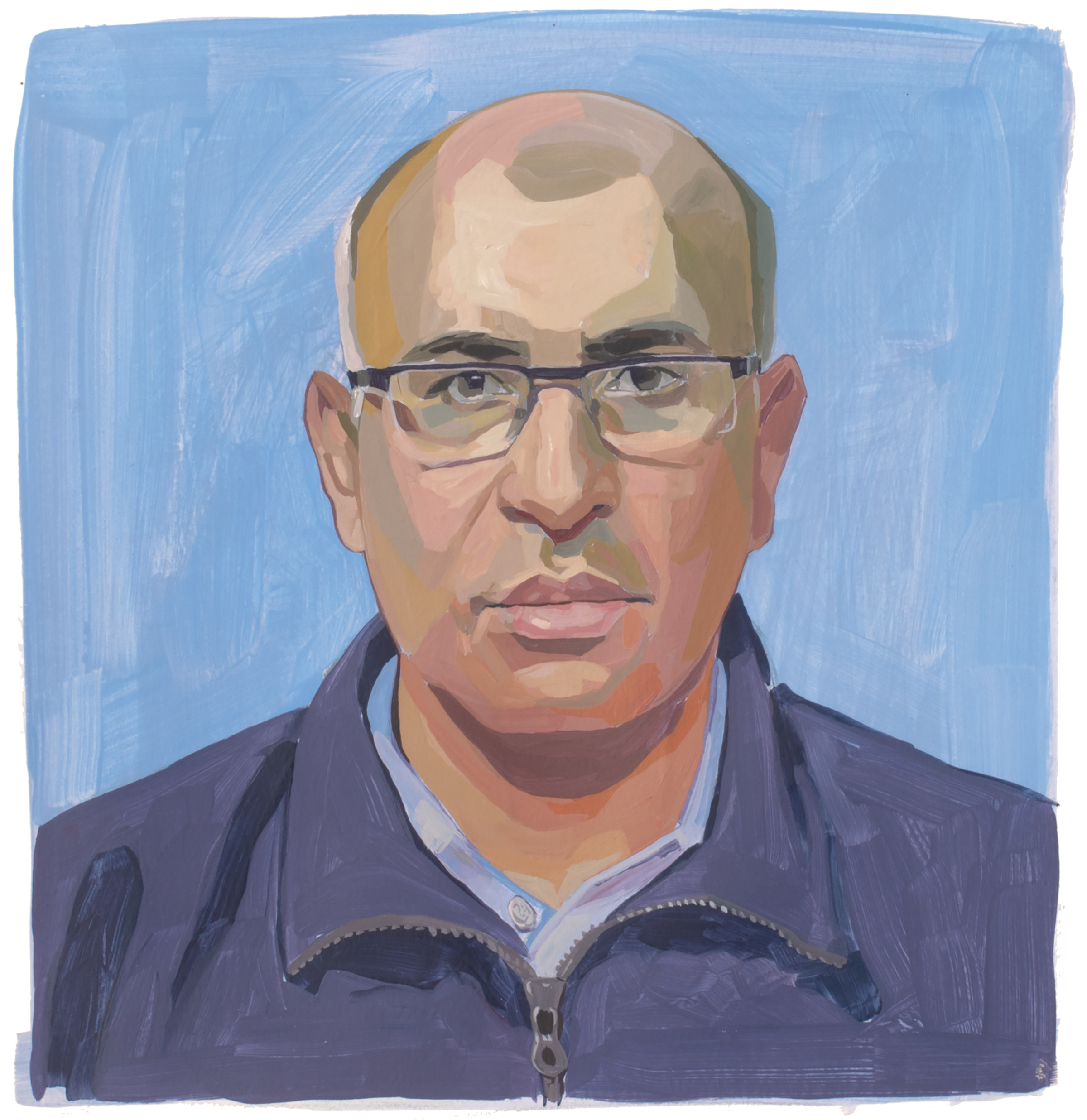Despite so many advances in biology, some realms of the human body remain out of reach—such as the in-utero world of a developing fetus. While ultrasounds and genetic testing can reveal some parts of this universe, doctors still struggle to understand exactly how a fetus is developing and recognize when things aren’t proceeding as expected.
As a consultant pediatric surgeon at Great Ormond Street Hospital in London, Dr. Paolo De Coppi repairs congenital malformations by finding ways to provide a fetus the right cells to grow missing tissues or organs. To do that, in 2024, he and his team, led by Mattia Gerli, pioneered ways to take cells from amniotic fluid and grow organoids—which are replicas of specific types of tissues—that mimic fetal lung, intestine, and kidney cells. It’s the first time such organoids for tissues like these were created from amniotic fluid.
The first use for these organoids could be for a rare condition in which babies are born with undeveloped lungs. In utero, it’s difficult to tell how severe the condition will be, and therefore to determine which cases need invasive and risky fetal surgery and which do not. An organoid, built from amniotic fluid taken anytime after 16 weeks of pregnancy, could mimic the condition and give surgeons like De Coppi insight into which fetuses might benefit from surgery. He and his team are testing the approach in sheep first and hope to eventually conduct studies in people. “An organoid system completely opens up a new way of looking at prenatal diagnosis of the fetus,” says De Coppi. “And hopefully in the future, also opens up new avenues for treating the fetus.”
More Must-Reads from TIME
- Cybersecurity Experts Are Sounding the Alarm on DOGE
- Meet the 2025 Women of the Year
- The Harsh Truth About Disability Inclusion
- Why Do More Young Adults Have Cancer?
- Colman Domingo Leads With Radical Love
- How to Get Better at Doing Things Alone
- Michelle Zauner Stares Down the Darkness
Contact us at letters@time.com





